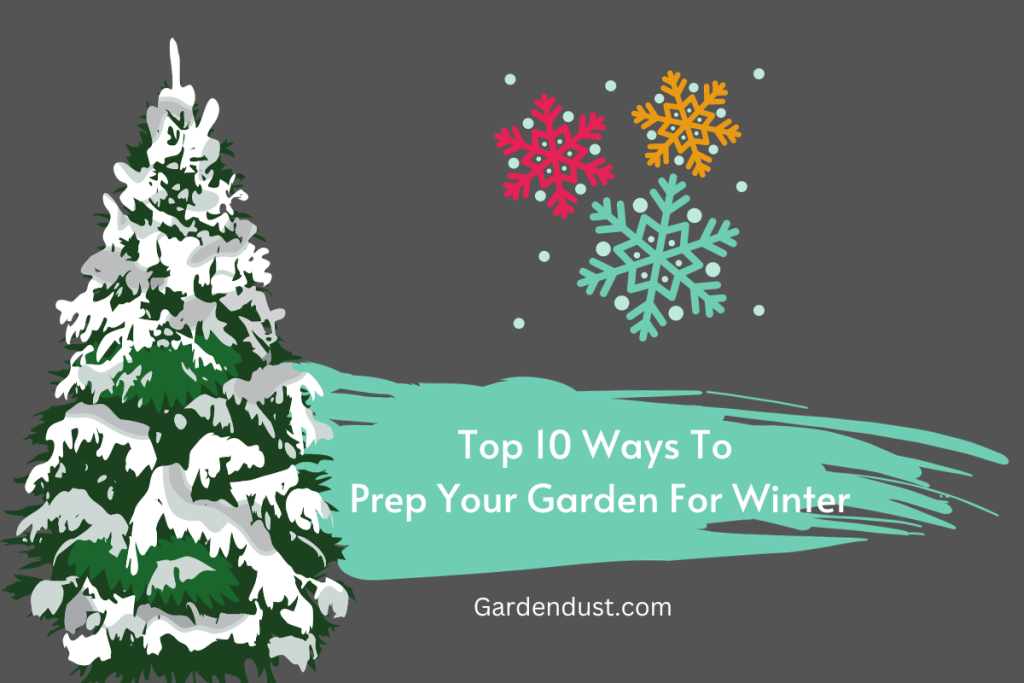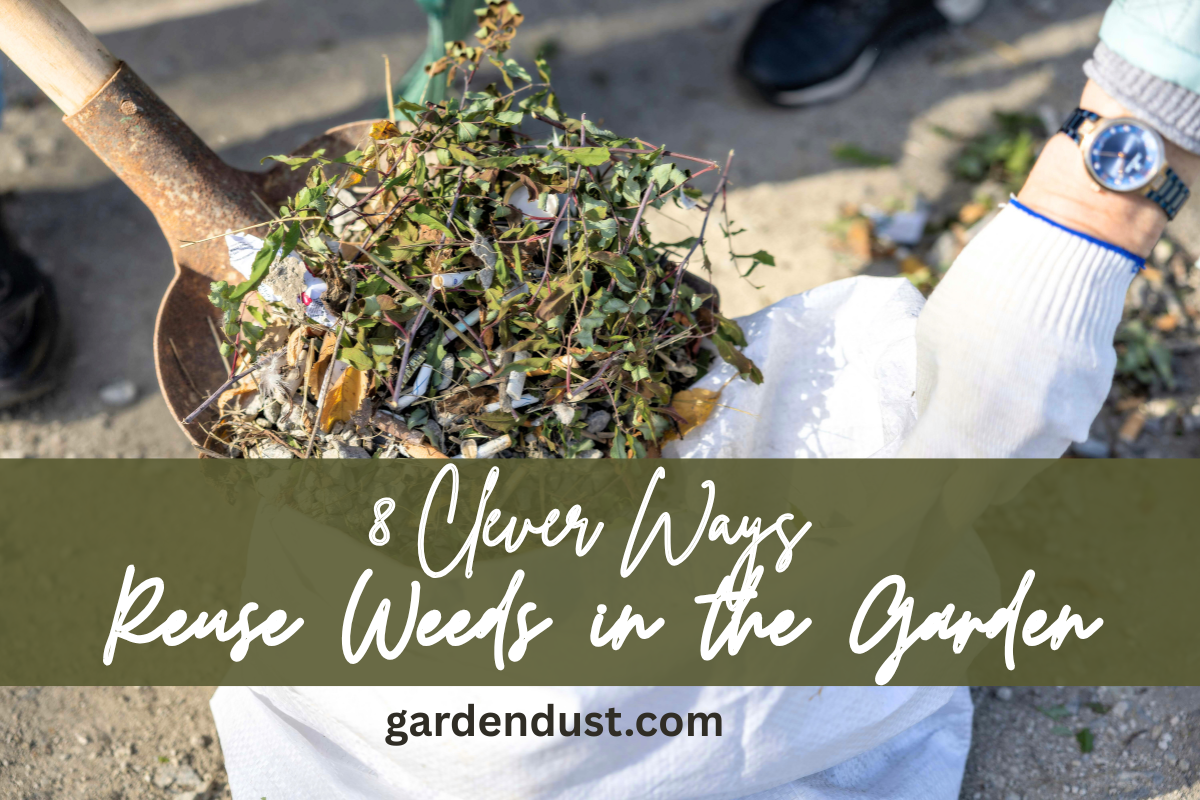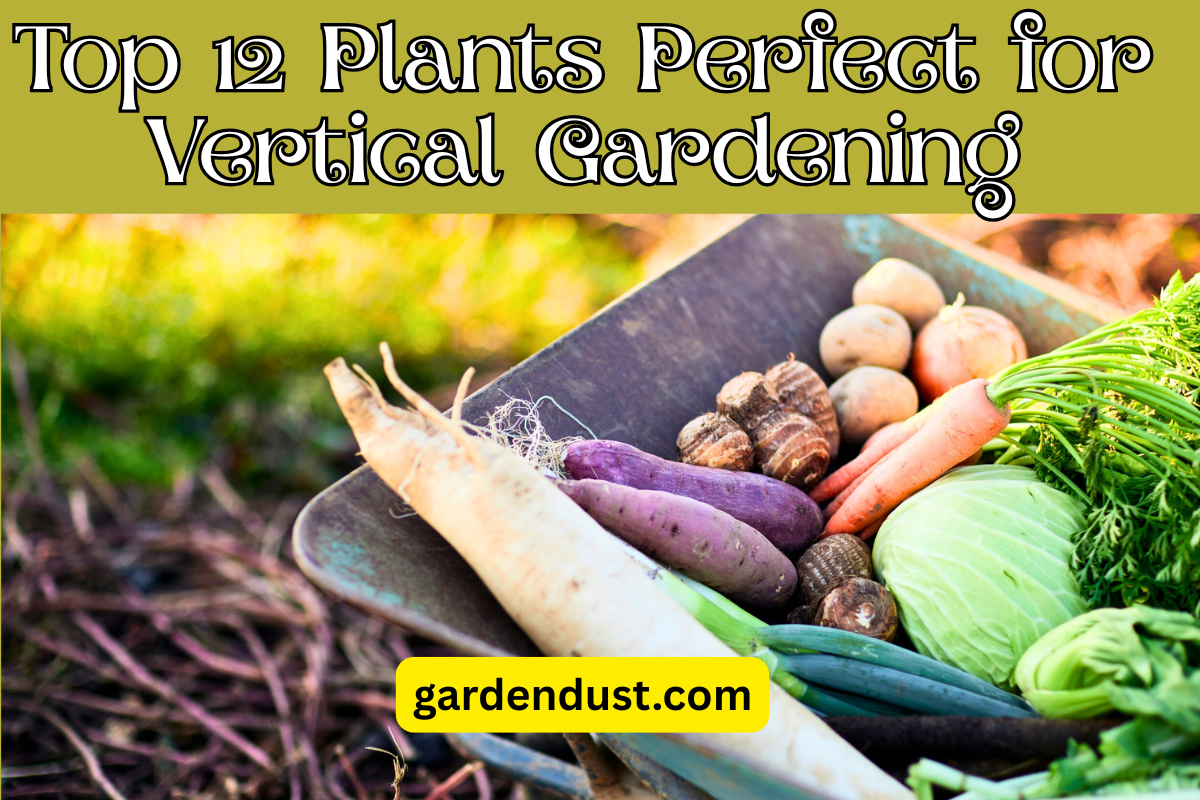As the days grow shorter and the temperature drops, it’s time to start thinking about prepping your garden for the winter ahead. Proper winter preparation ensures your garden remains healthy and vibrant when spring arrives. This guide will explore the top 10 ways to prepare your garden for the cold season.
1. Clean Up Your Garden Beds
Why it’s important: Removing debris, dead plants, and fallen leaves from your garden beds helps prevent the buildup of pests and diseases over the winter.
How to do it: Gather fallen leaves and spent plants. Add them to your compost pile or use them as mulch. Cut back any dead or overgrown foliage to tidy up the garden beds.
2. Mulch Your Garden Beds
Why it’s important: Applying a layer of mulch to your garden beds helps regulate soil temperature, retain moisture, and protect plants’ roots from frost.
How to do it: Spread a 2-4 inch layer of mulch, such as straw, shredded leaves, or wood chips, over your garden beds. Avoid piling mulch directly against the stems of plants.
3. Prune Your Trees and Shrubs
Why it’s important: Pruning helps maintain the health and shape of trees and shrubs while removing dead or diseased branches that can become problematic during winter storms.
How to do it: Use sharp pruning shears to trim back overgrown or dead branches. Focus on removing branches that are weak or crossing over others.
4. Protect Your Perennials
Why it’s important: Perennials can benefit from protection against harsh winter conditions, especially in colder regions.
How to do it: Add a layer of mulch around the base of your perennials to insulate the soil. For extra protection, cover delicate plants with a frost cloth or burlap.
5. Insulate Your Roses
Why it’s important: Roses are vulnerable to freezing temperatures and frost damage.
How to do it: After the first frost, mound soil around the base of your rose bushes to insulate the graft union. Then, cover the plants with burlap or a rose cone.
6. Protect Potted Plants
Why it’s important: Potted plants are more exposed to cold temperatures and can suffer root damage or freezing in winter.
How to do it: Move potted plants indoors or to a sheltered area like a garage. If you can’t move them, wrap the pots with insulating material or bubble wrap to protect the roots.
7. Drain Irrigation Systems
Why it’s important: Frozen water in irrigation systems can lead to costly repairs come spring.
How to do it: Turn off the water supply to your irrigation system and drain it completely. This includes hoses, pipes, and sprinkler heads.
8. Prepare Your Lawn
Why it’s important: A little care for your lawn now can help it recover quickly in the spring.
How to do it: Mow your lawn to a shorter length for the last time in late fall. Remove fallen leaves and debris to prevent matting and disease. Consider aerating the soil if it’s compacted.
9. Store Garden Tools Properly
Why it’s important: Taking care of your tools ensures they’ll be in good shape when you need them next spring.
How to do it: Clean your garden tools, remove any rust, and apply a light coat of oil to prevent further rusting. Store them in a dry, sheltered location.
10. Plan Ahead for Spring
Why it’s important: Use the winter months to plan your garden for the upcoming spring season.
How to do it: Research new plants you want to add, create a garden layout, and order seeds or plants in advance. This preparation ensures you’ll be ready for planting when the weather warms up.
FAQs About Winter Garden Preparation
1. When is the best time to start winter garden preparation?
The best time to start preparing your garden for winter is in the late fall, as temperatures begin to drop and plants become dormant.
2. Do I need to remove all the leaves from my garden beds?
While it’s essential to remove most leaves to prevent disease and pests, you can leave a thin layer of shredded leaves as mulch.
3. Should I fertilize my garden in the winter?
It’s generally not necessary to fertilize your garden during the winter. Fertilize in late fall before plants go dormant or in early spring when they start to wake up.
4. Can I plant bulbs in the winter for spring blooms?
Bulbs should be planted in the fall before the ground freezes. However, in regions with mild winters, you can plant bulbs in late winter for early spring blooms.
5. How do I protect my garden from heavy snow and ice?
To protect your garden from heavy snow and ice, you can use supports like wooden stakes to prop up plants, shake off heavy snow from branches, and avoid walking on frozen soil to prevent compaction.
6. Can I leave perennial herbs in the garden over winter?
Perennial herbs like rosemary and thyme are often best brought indoors for the winter, especially in colder regions, to protect them from freezing temperatures.
7. Is it necessary to water my garden during the winter?
In regions with regular rainfall or snowfall, additional watering during the winter may not be necessary. However, in dry climates, water sparingly to prevent drought stress.
Prepping your garden for winter may take a little time and effort, but the rewards are well worth it. By following these steps and addressing common concerns, you can ensure that your garden remains healthy and ready for a bountiful spring season.






